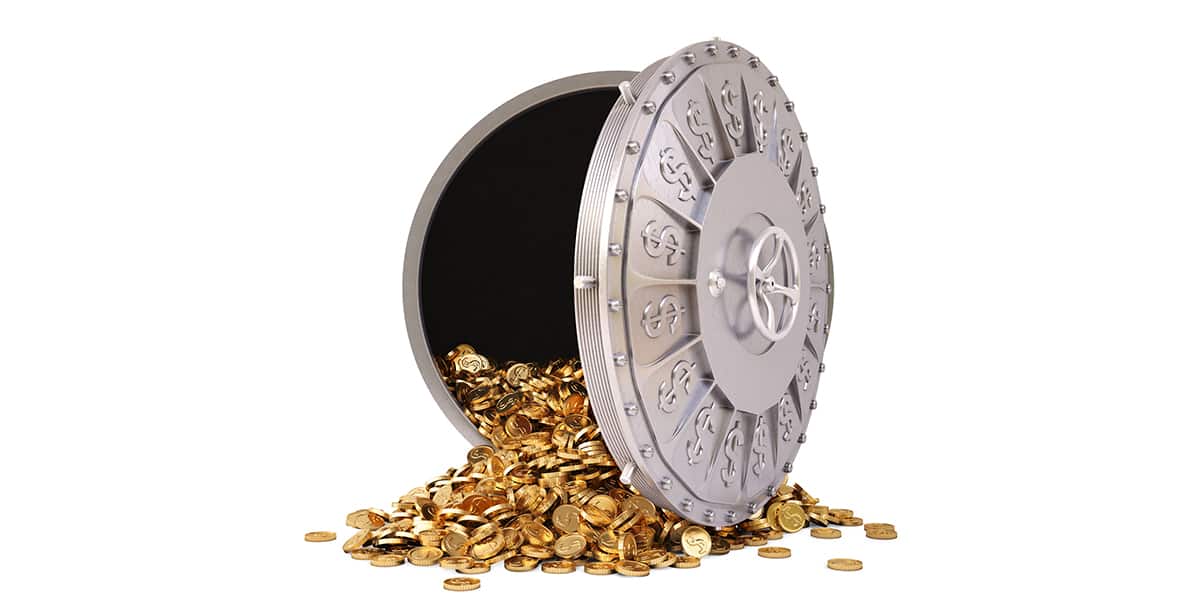Rather than building up their reserves, financial institutions are reviving share buybacks and increasing dividends

Big banks piled up reserves last year under the assumption that the pandemic would generate massive loan defaults. Then they waited for the worst, but the sky didn’t fall. One year later, financial institutions all over the world are releasing portions of their reserves—and the benefits are multiplying.
Banking giant JPMorgan Chase released $5.2 billion of its reserves in the first quarter of the year, while retaining $25.6 billion in its reserves as a cushion. Rivals Citigroup and Bank of America freed up $3.9 billion and $2.7 billion of their reserves, respectively.
“Progress in the health crisis and the economy point to an accelerating recovery,” said Brian Moynihan, CEO of Bank of America, during the bank’s Q1 earnings call.
The stimulus package and the successful vaccine distribution plan kept people on track and mortgage delinquencies remained low, he added. Also, companies continued paying off their loans, while the projected 6% rise in GDP for 2021 has increased bankers’ confidence in their customers’ ability to meet their obligations.
Meanwhile in Canada, bank programs that let clients defer payments on billions of dollars in loans expired with few delinquencies, but Canadian bankers remain careful. First, they reduced their provisions for credit losses. The Bank of Montreal’s (BMO’s) provisions for the first quarter were 64% lower than the amount it set aside during the previous quarter, but the fourth-largest bank in Canada didn’t touch its reserves. Nevertheless, the economic recovery seemed sustainable, lockdown restrictions were lifted, and for its second quarter, BMO CFO Tayfun Tuzun provisioned only $60 million Canadian dollars ($49.6 million) compared with C$1.1 billion last year.
Europe has followed the same path. The UK’s Natwest recently released £102 million ($144 million) and HSBC eliminated £313 million from its reserves, while Lloyds Banking Group cut £323 million. In France, Spain and Italy, Societe Generale, Credit Agricole, Unicredit and Banco Santander are all shrinking their provisions. Last year Unicredit set aside €2.2 billion ($2.7 billion) against potential loan losses. In its first 2021 quarter, the Italian bank just booked €167 million in provisions.
Times are rapidly changing. Rather than building up their reserves, financial institutions are reviving share buybacks and increasing dividends—and some are even actively looking for acquisitions.



